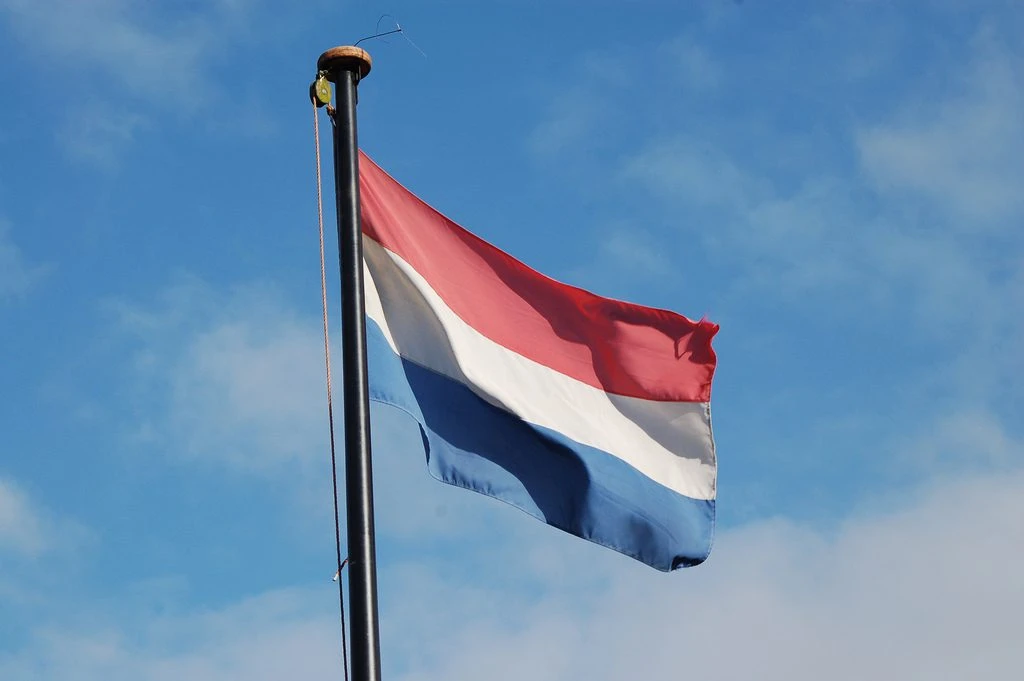Netherlands MPs vote on banning online slots

The news means that the Netherlands house of representatives have a majority vote for banning all forms of targeted advertising as well as as slots, which are considered games of “high-risk”.
Originally reported by Netherlands-based Casino Nieuws, the gambling publication outlined the motions that took place in Holland’s house of representatives today.
Both motions were put forward by Socialist party MP Michiel van Nispen and received “just enough” support for a majority. Motions have also been passed for mandatory financial risk checks related to gambling, as well as for identification.
In total, the house of representatives voted on 114 motions submitted during a number of debates last week. Of these motions, 14 came from previous debates held on gambling, with ten in total adopted. These include members of parliament (MPs) voting in favour of a ban on all online advertising, games of chance “with a demonstrably high risk” and a mandate for credit checks.
Previous gambling advertising bans were not supported
In February 2024, a motion by MP Derk Boswijk for a total ban on gambling advertising did not receive enough votes to progress. Michiel van Nispen, an MP for the Socialist party, then submitted a new motion this week similar to February’s original proposal. This time, with a slim majority of 77 votes, the motion has been passed.
This new ban is understood to prohibit all forms of online advertising, including all targeted ads.
This follows the Netherlands’ untargeted advertising ban coming into effect on 1 July 2023. As a result, mass-advertising on radio, television, outdoor locations and written media were prohibited. Sports sponsorships are also included in the ban. However, a transitionary period is currently in place for existing sponsorship agreements.
A ban on gambling with online slots in the Netherlands
Another of Van Nispen’s adopted motions focused on “online gambling with a demonstrably very high risk”. In his party’s view, a case should be made for banning games of chance, with online slots used as the principal example. This is because “players have no control over the outcome of the game.” A majority of 79 MPs voted in favour of the motion.
However, despite a majority in the house of representatives being in favour of such a ban, it will be another case to have this enshrined in law. It is now over to Franc Weerwind, the minister for legal protection in the Netherlands. His role will be to review and approve the law.
Weerwind has previously been a strong advocate for responsible gambling. However, he has never explicitly expressed a desire for stricter measures.
In December 2023, Weerwind announced new measures to protect players. These included providers being required to contact players who have set a deposit limit of €350 (£303/$386). Operators are also mandated to inform such players of the risks of gambling in such high amounts.
As reported by CasinoNieuws at the time, Weerwind’s other proposals involve exhibiting financial amounts in euros and pushing for further research on overarching gaming limits.
In October 2023, Weerwind also announced a multi-year digital resilience campaign programme to combat fraud associated with online gambling.
“Everyone who wants to do so should be able to play a game of chance responsibly,” Weerwind said in a letter at the time. “But responsible gaming can turn into problematic gambling.”
“Players must be aware of this and be protected against it. This is not happening enough now. Research shows that providers encourage players to bet more money than they can afford to lose.”
Risking a return to the black market
Inevitably if such a ban came into force, this will have significantly negative consequences for the regulated industry. This would also include the impact on state revenue. This is evident from the income generated from the online casino sector. Kansspelautoriteit (KSA), the country’s regulator, estimated in a recent monitoring report that 77% of all turnover is currently generated from online casino.
Banning online slots would inevitably lead to a return of the unregulated market. As has been highlighted in Germany, this has led a surge in traffic to black market operators.
This would be especially detrimental to the success of the Dutch regulated market. When re-regulating the market in 2021 the KSA’s target was to ensure that at least 80% of the market played with regulated operators within three years. In terms of players and web traffic, the channelisation is currently estimated to be 90%. This makes it one of the most successful in Europe.
In contrast, Germany, which is suffering from over-regulation, is facing significant difficulties. As highlighted previously by iGB, a study from the University of Leipzig has warned that close to half of all online gambling in Germany still takes place with unlicensed operators.
The study was commissioned by the German Online Casino Association (DOCV) and the German Sports Betting Association (DSWV). It highlights that close to 50% of all German players use unlicensed sites.
The study estimates three-quarters of online revenue is generated by the black market. As a result, hundreds of millions of euros in annual tax revenue is lost by the state.
